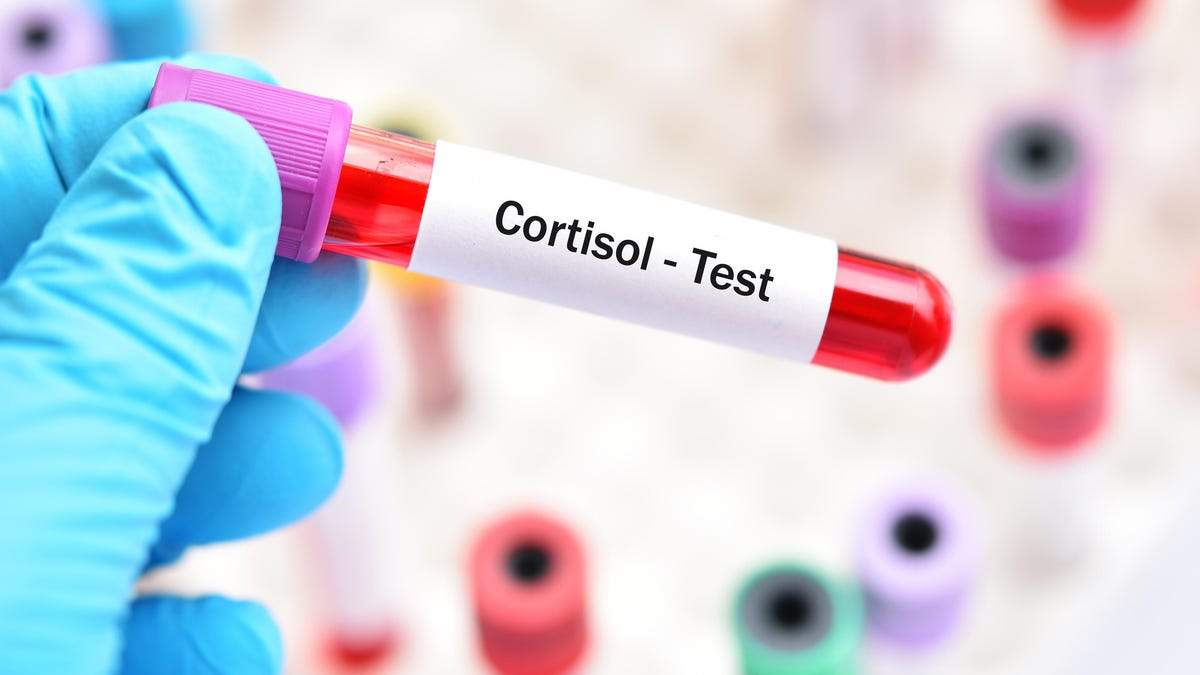
Widely recognized as the ‘stress hormone’, cortisol might have come to your attention due to numerous social media videos discussing the effects of cortisol imbalance on health. Amidst the rising concerns and curiosity around cortisol levels, Quest, a diagnostic information services provider, offered a Cortisol Blood Stress Hormone Test providing some much-needed clarity on this topic.
Cortisol, produced by the adrenal glands, is integral for blood sugar regulation, blood pressure control, sleep/wake cycle management, metabolism, and inflammation suppression. People often relate cortisol with stress due to its release in response to stress, preparing the body for a ‘fight or flight’ response.
Individuals with cortisol deficiency or excess cortisol might need a cortisol blood test. Symptoms of cortisol deficiency include fatigue, muscle weakness, skin changes, loss of appetite, weight loss, and low blood pressure. Meanwhile, symptoms for excess cortisol include easy bruising, weight gain, fatigue, and impaired glucose tolerance.
Following her personal experience with the cortisol test, the author received a high cortisol level result through Quest. Speaking to an independent physician post-results, the elevated level was attributed to stress and anxiety.
Normal cortisol levels vary throughout the day, with peak levels observed post waking. This contributes to alertness and preparedness for the day. Cortisol levels gradually decrease as the day progresses.
In cases of abnormal cortisol levels, further investigations involving other tests may be needed. If a patient’s cortisol levels continue to be elevated under less stressful conditions following these tests, it’s recommended to explore other factors potentially contributing to this with their healthcare provider.
It’s essential to discuss any abnormal cortisol findings with healthcare professionals. Abnormal cortisol levels have several health impacts, including issues of mental health, cognitive impairment, metabolic disorders, cardiovascular complications, impaired immunity, bone health issues, sleep disruption and fatigue, and digestive issues.
While social media discussions on cortisol levels might raise concerns, cortisol levels naturally fluctuate, rendering it challenging to discern what is normal or abnormal. In managing heightened cortisol levels, certain lifestyle adjustments are suggested: nutritious diet, regular exercise, good sleep, vitamin D intake, stress management, and reducing smoking and alcohol consumption.






